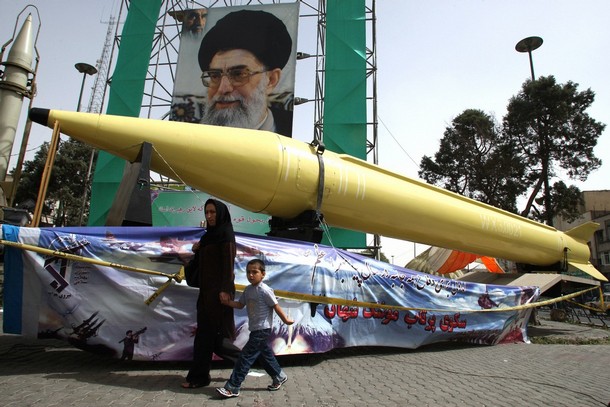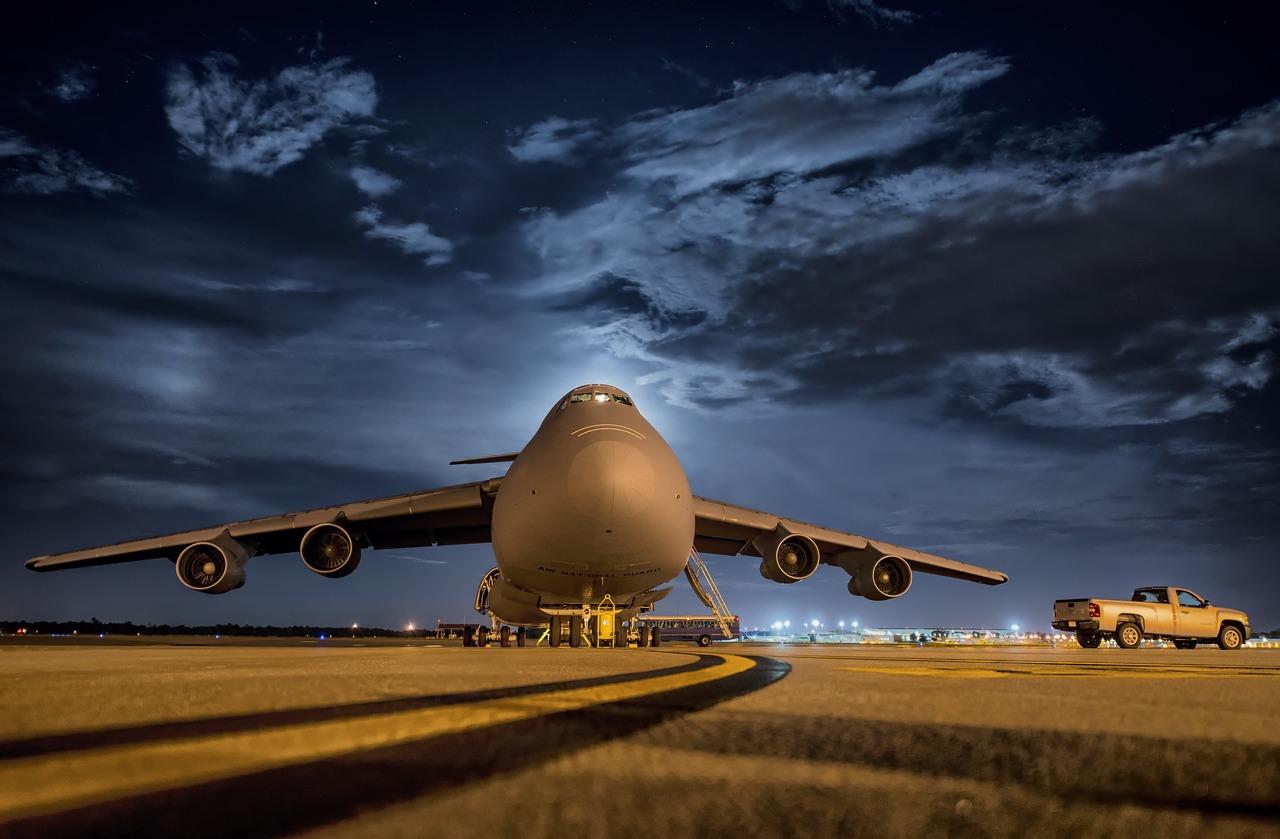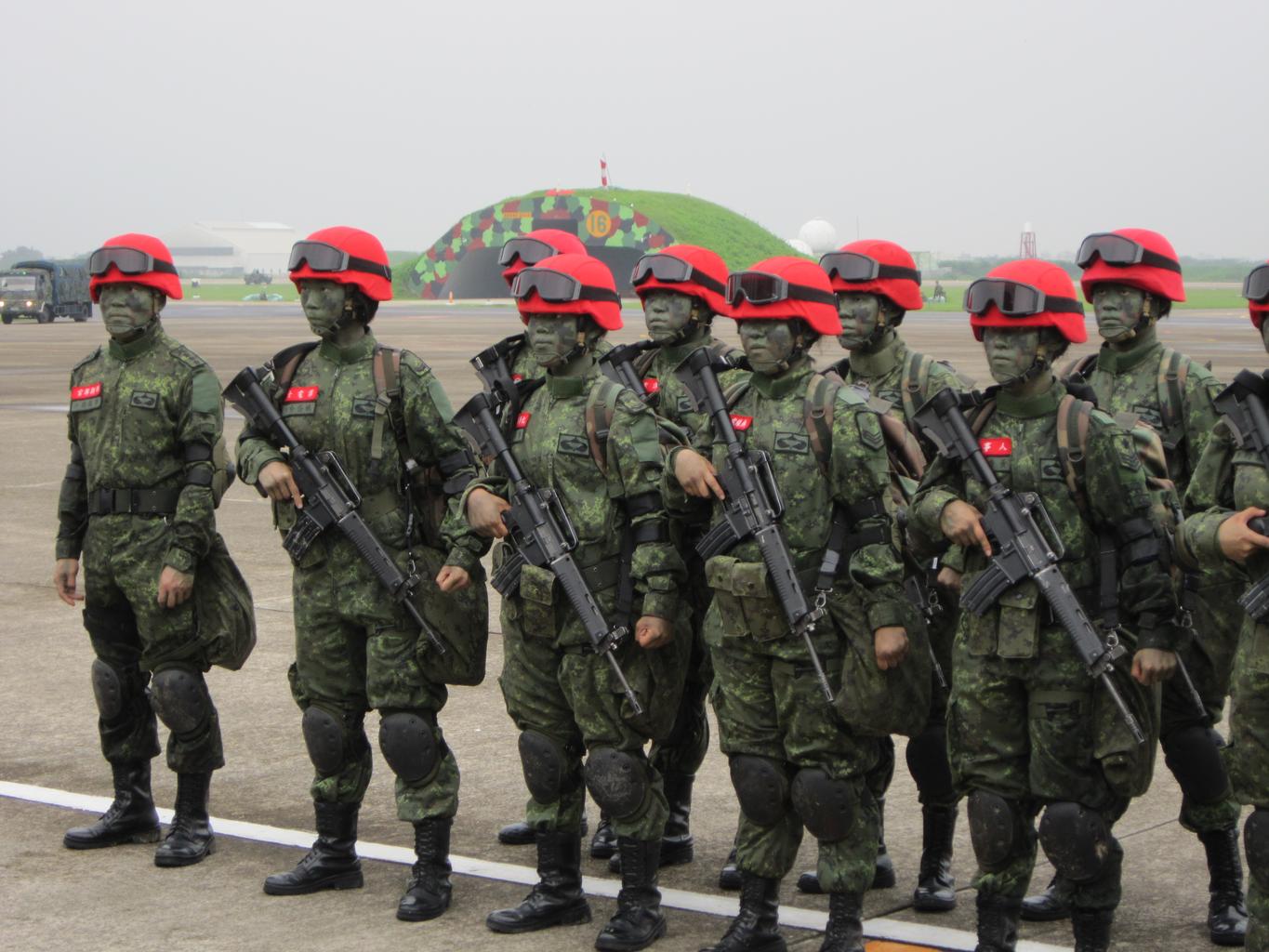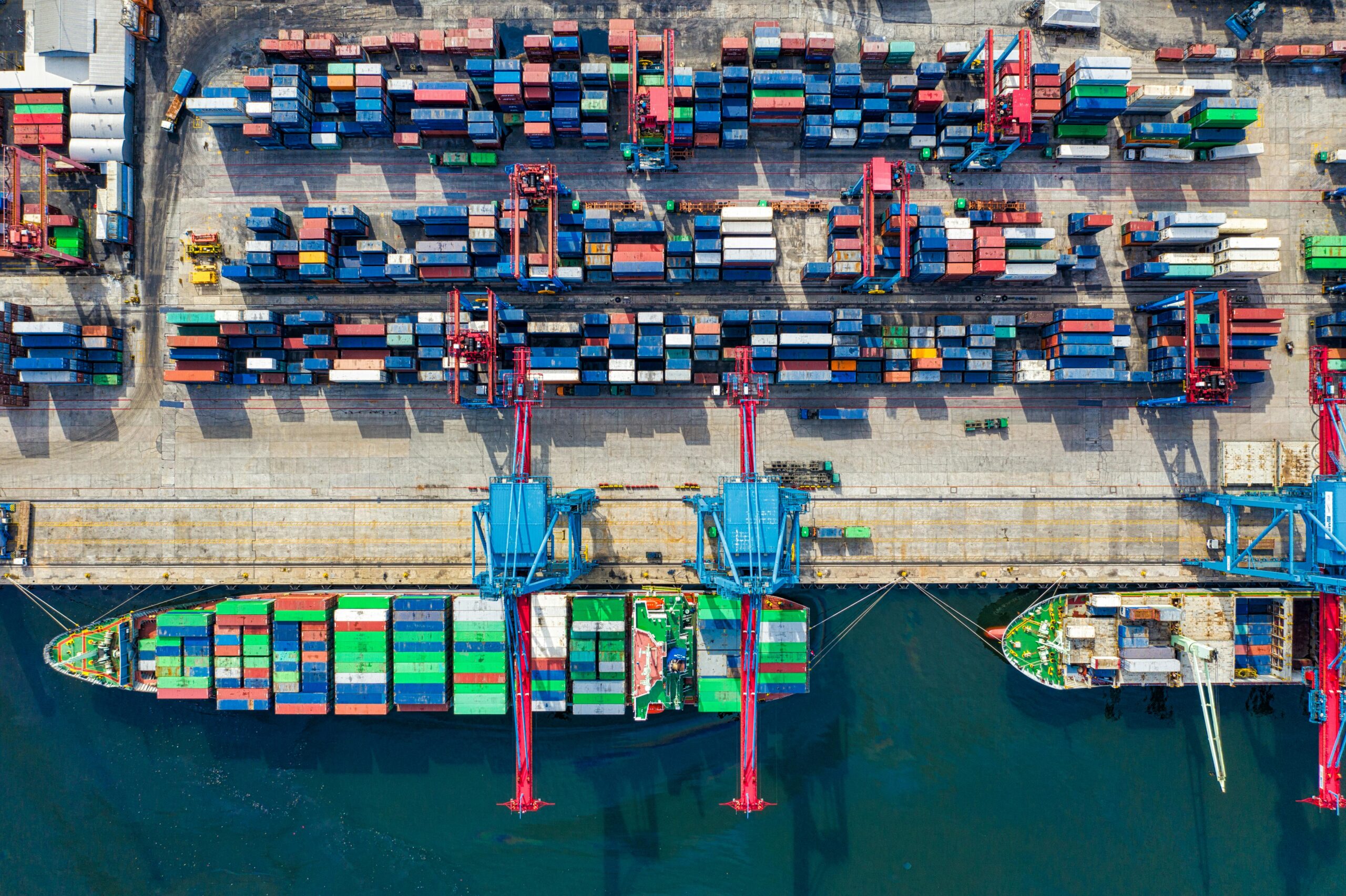Iran’s Military Capabilities: A Detailed Analysis
The recent weeks-long tensions between the Islamic Republic of Iran and the State of Israel have drawn international attention to the military capabilities of these two states and their neighboring countries. The potential for a new regional conflict with global repercussions has rightfully concerned the international community.
Iran’s Military Strength and Organization
A detailed examination of Iranian military capabilities reveals it to be a formidable force with which neither Israel nor the collective West should engage in war. According to the latest ranking by the Global Firepower portal, the Iranian Armed Forces rank as the 14th military power globally and the foremost in the Middle East. Iran’s military strength surpasses that of respected military forces such as Egypt, Australia, Israel, Ukraine, Saudi Arabia, and Canada. With approximately 610,000 active military personnel and 350,000 reservists, Iran maintains a sizable force of around 960,000 soldiers, not including the Basij militia and the Faraj police. Given Iran’s large population of almost 90 million people, an estimated 41 million men are eligible for military service.
The Iranian Armed Forces consist of the regular army (Army of the Islamic Republic of Iran – AJA or Artesh), the Iranian Revolutionary Guard (IRGC or Sepah), and the Law Enforcement Command of the Islamic Republic of Iran (Faraja – civilian police). Each branch has separate ground, air, and naval forces, with the IRGC responsible for border security. Additionally, the IRGC oversees the Quds Forces, specializing in unconventional warfare and military-intelligence operations, and the Basij volunteer militia, totaling approximately 100,000 active personnel.
Iran’s Military Strategy and Doctrine
Iran possesses an extensive and advanced missile arsenal, including more than 2,000 short- and medium-range ballistic missiles, posing a significant threat to regional adversaries. Its military strategy prioritizes deterrence, asymmetric warfare, and “forward defense,” aiming to prevent enemy aggression through preemptive strikes and unconventional tactics.
In conclusion, Iran’s Armed Forces represent a potent military force in the Middle East, with substantial capabilities and resources. Any military confrontation with Iran would likely result in severe consequences and potential escalation into a broader regional conflict. Diplomatic solutions and dialogue are imperative to address underlying issues and prevent further escalation of tensions in the region.




